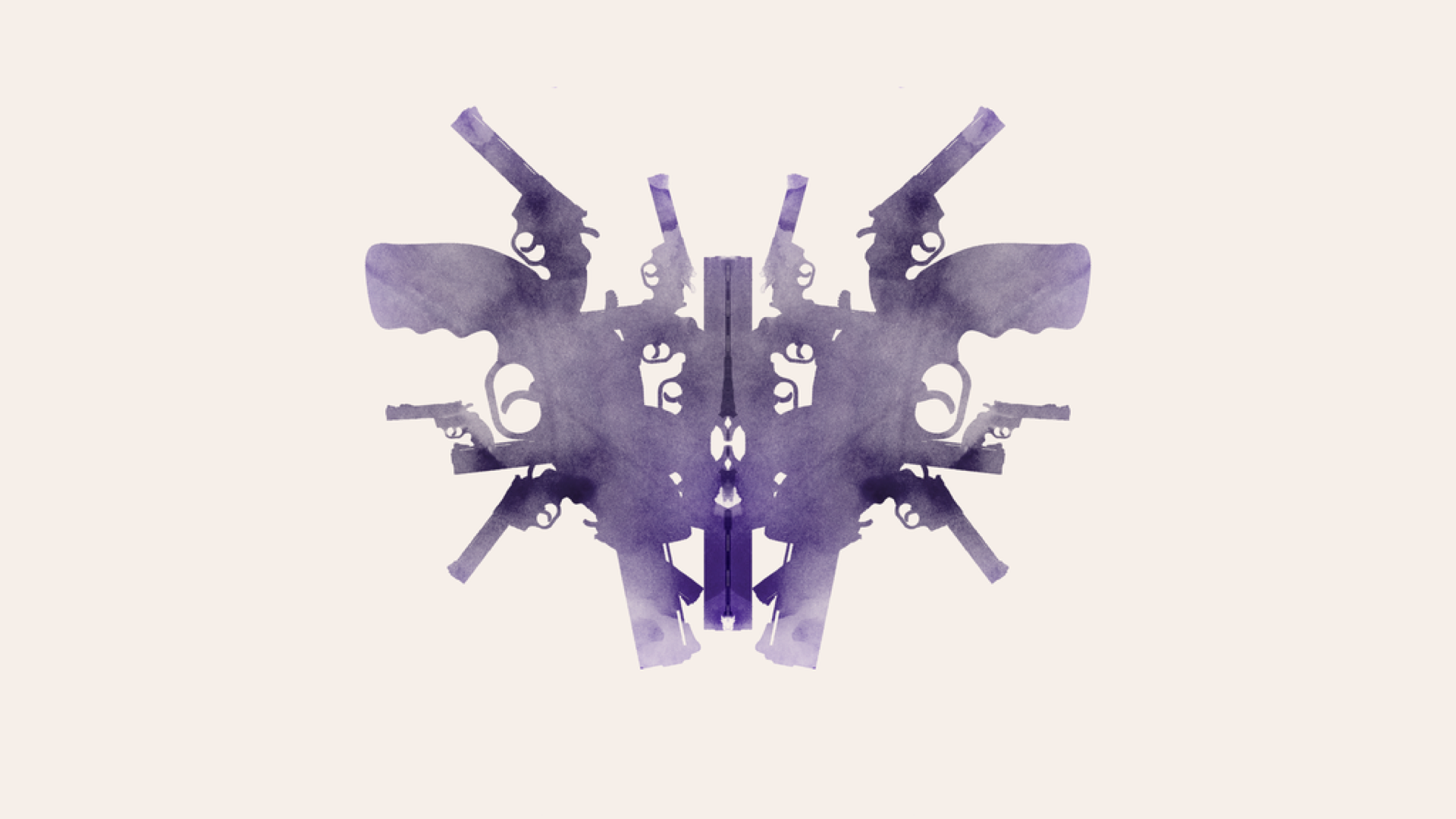White House considers new mental illness project to target violent behavior
Add Axios as your preferred source to
see more of our stories on Google.

Illustration: Lazaro Gamio/Axios
The White House is eyeing a proposal that would try to identify early warning signs of violent behavior in people with mental illness, the Washington Post reports. Supporters see it as a way for President Trump to address mass shootings without making changes to gun laws.
Why it matters: As we've written time and again, most mentally ill people are not violent, and the majority of mass shooters have not been diagnosed with a mental illness. And while the stated intention of the proposal is a good one, there are reasons to question whether it'll work.
The big picture: This proposal is part of a larger push to create a new agency called the Health Advanced Research Projects Agency, or HARPA. It would be modeled on DARPA, the research arm of the Pentagon.
- The administration first discussed creating HARPA in 2017. It's gotten new momentum following recent mass shootings, per the Post.
- Trump reportedly likes the idea of HARPA, but Congress would have to act to create a new agency.
Details: The mental-illness proposal would use artificial intelligence to try to identify changes in someone's mental state that could make that person more likely to become violent.
Yes, but: AI excels at identifying hidden patterns in huge amounts of data, and has been used before to help identify mental conditions — like finding the imperceptible vocal qualities that might suggest depression, Axios' Kaveh Waddell writes.
- But scientists warn that people often have different tells, and that applying the same test across large populations can give rise to costly mistakes.
Go deeper: America's mental health problem isn't mass shootings
